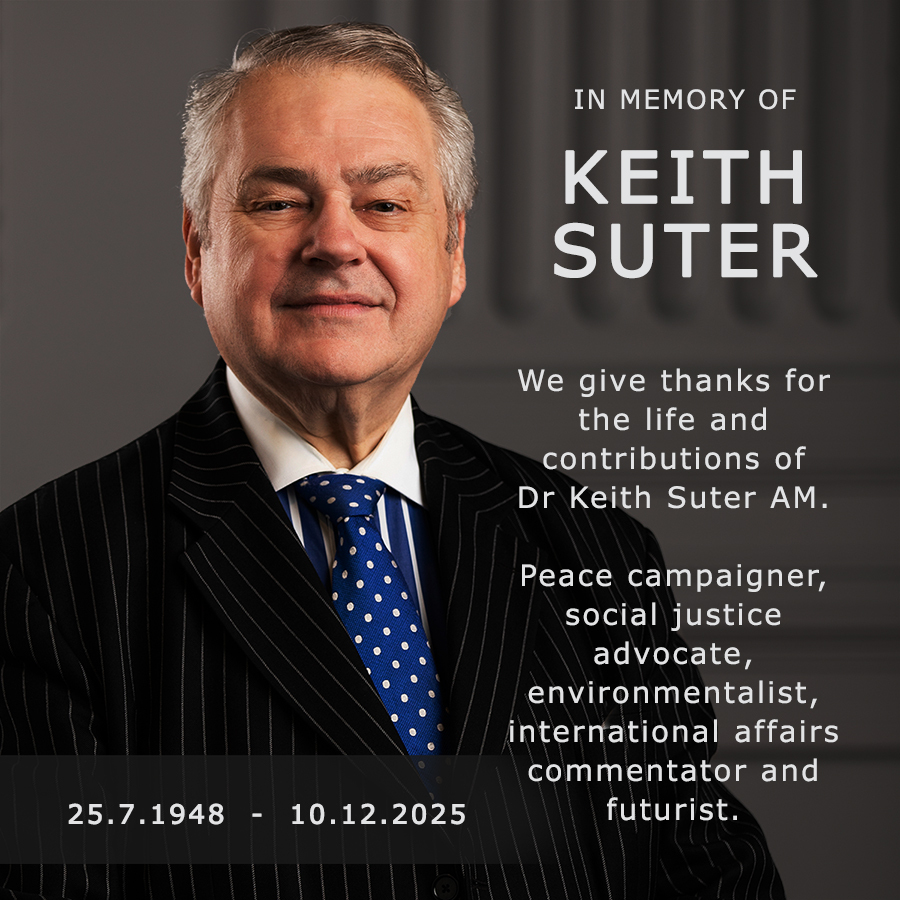
Archive Article: Recommendations For The NSW State Government Budget. 1 March 02
January 3, 2009
The State Budget is the most important set of decisions affecting disadvantaged people in this State each year. Each year the Government receives some good advice from the community sector – and this year is no different.
The NSW Council of Social Service – “NCOSS” – is the peak body for the social and community services sector. It represents more than 7,000 social and community services and over 100,000 consumers and individuals.
The NCOSS submission to the Government was launched a few days ago at Parliament House. The report is entitled “Balancing the Bottom Lines”. The document is as usual well worth reading.
First, the document provides key economic and social information on this State. It provides a very neat snap shot of the State. Each of the chapters also provides key information. Indeed, this information makes the document very valuable in its own right (leaving aside the recommendations) as a one-stop place to locate data. For example, the report explains that in 1998 approximately one in eight people in NSW was a carer and so providing care to another person. The major providers of care were family and friends.
Second, the document lists very specific recommendations. This is not just a whinge about the need to spend more money on social welfare. Instead, it goes into very specific issues to make very specific recommendations. A total of about 60 recommendations across all sectors are made.
Some of the issues addressed include: a comprehensive approach to improving access to transport in rural and regional areas; a commitment to increasing the number of youth services in rural towns; an expansion in probation and parole and in services for people leaving prison as a way of dealing with the increase in levels of imprisonment; a commitment to cap class size at 20 children in kindergarten and early years of primary school; development of a comprehensive State Housing Strategy; support for the establishment of peak Aboriginal community organizations to provide Aboriginal communities with a voice in debates about policy and expenditure; improved support and opportunities for schools leavers with moderate to severe disabilities; increased funding for Aboriginal health services. All of these are ideas worth exploring.
Third, the report also deals with how money should be raised to pay for the services. It urges the Government to stand firm against those groups calling for a reduction in taxes. As the Howard Government and the GST issued showed, governments need to raise money from somewhere to pay for services.
People need to be realistic. After all, it is not uncommon to hear people call for both more services and yet also to have to pay less tax. You cannot have both. The experience is some countries in western Europe, such as Germany and France, is that people still expect the government to provide the services. I recall a conversation on one of my trips to Germany in which I mentioned that toll roads were becoming popular in Australia (they are a minor industry for motorists trying to get across Melbourne). My Germany host was horrified: “We pay governments to do that work supplying the roads – and we make sure that they do so”.
To conclude, NCOSS has as usual done a lot of the work for the State Treasurer as he prepares for this year’s Budget.
BROADCAST ON FRIDAY 1ST MARCH 2002 ON RADIO 2GB’S “BRIAN WILSHIRE PROGRAMME” AT 9 PM, AND ON 3RD MARCH 2002 ON “SUNDAY NIGHT LIVE” AT 10.30 PM

